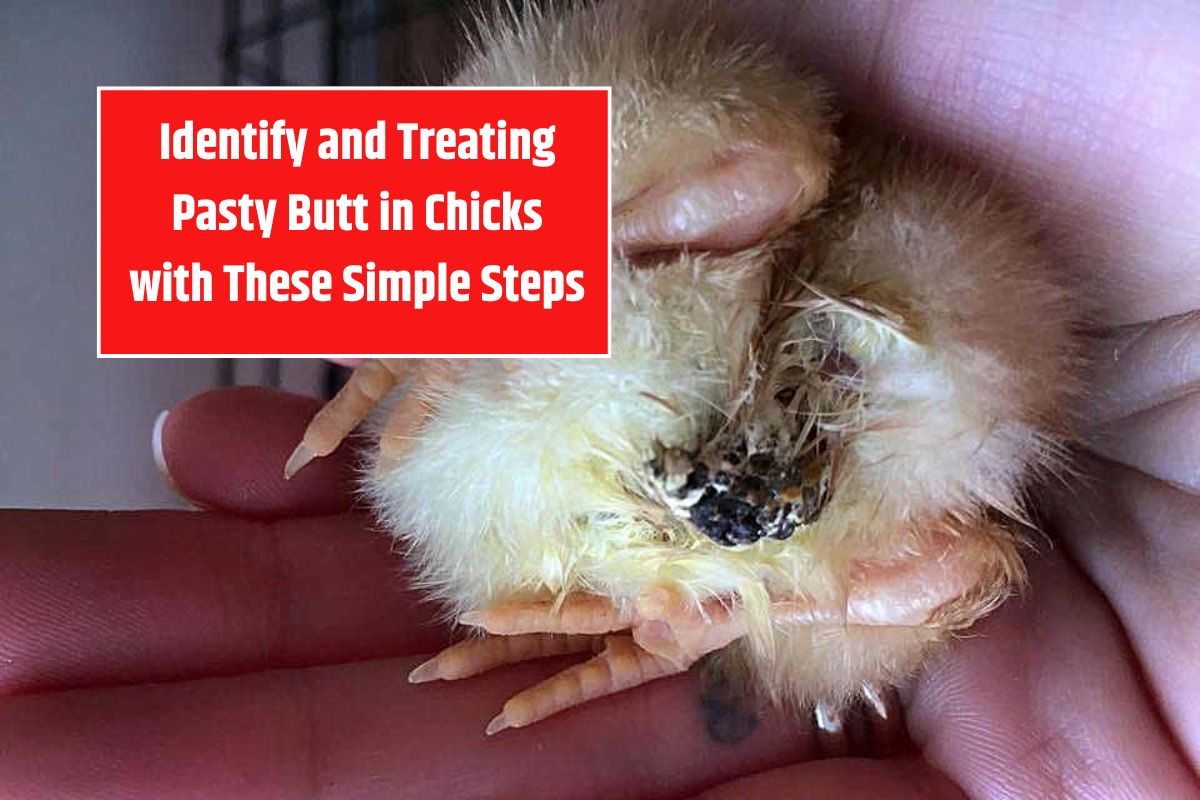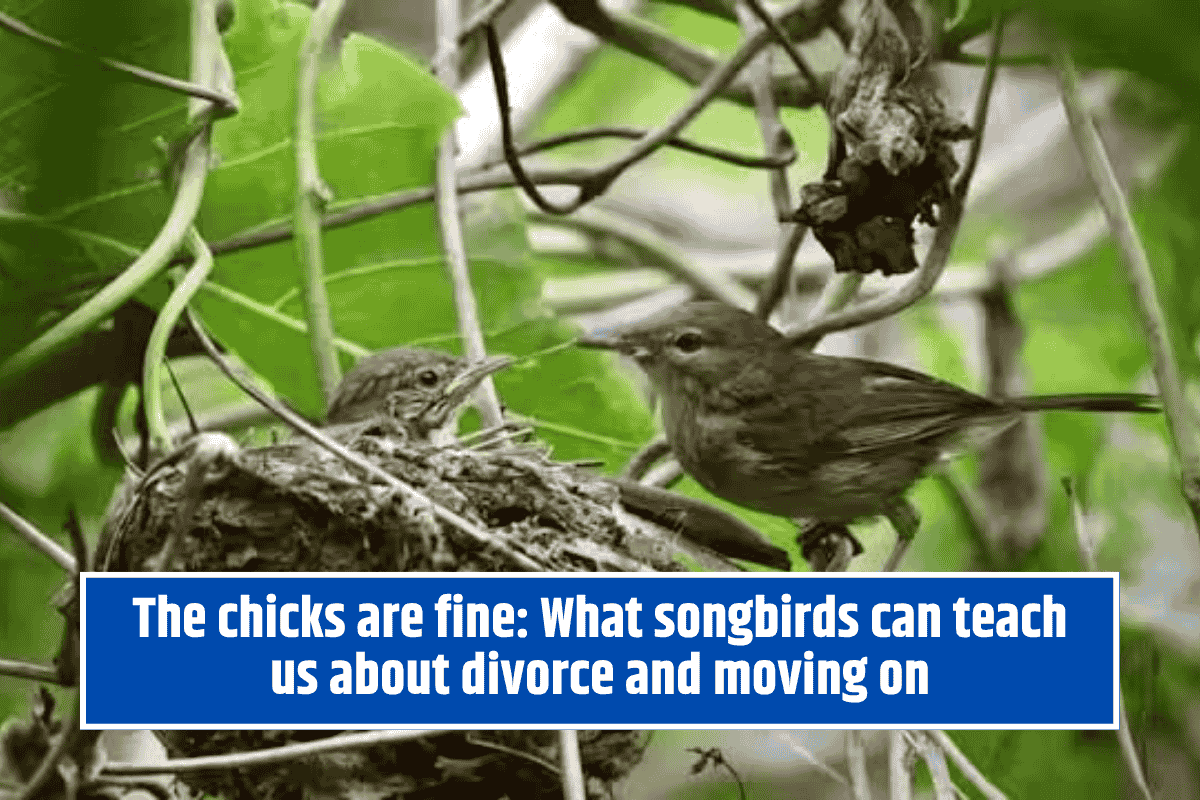Pasty butt may sound gross (and it is), but it’s an important issue to watch for when raising baby chicks. Left untreated, it can be fatal. Learning to spot it early, treat it effectively, and prevent it can help you raise healthy chicks with minimal stress. Here’s everything you need to know about pasty butt!
What Is Pasty Butt?
Pasty butt, also known as pasted vent or sticky bottoms, happens when a chick’s droppings stick to the down feathers around its vent (the opening where waste exits). Over time, this blockage can prevent the chick from eliminating waste properly, causing waste buildup and bacterial infections.
If untreated, the condition can be fatal. However, catching it early and knowing how to treat it quickly can save your chick’s life.
How to Recognize Pasty Butt
Spotting pasty butt is easy:
- Look for clumps of dried poop stuck to the feathers near the chick’s vent.
- Check each chick daily, especially during their first two weeks of life when pasty butt is most common.
- Watch for behavioral signs:
- Lethargy or lack of movement
- Reduced appetite or water consumption
- Irritation (chicks may crane their heads around to peck at the poop)
If you notice any of these symptoms, immediate treatment is necessary to prevent serious complications.
Causes of Pasty Butt
There are several triggers for pasty butt, especially in young chicks:
- Temperature issues: Chilling or overheating can cause digestive problems, leading to pasty butt.
- Stress: Shipping stress, loud noises, excessive handling, or environmental changes can trigger it.
- Improper diet: Low-quality or soy-based feeds can contribute to pasty butt.
- Dehydration: Inadequate or cold water can lead to digestive issues.
- Overuse of sugar water: While helpful in small amounts, too much sugar water can upset the digestive system.
- Disease: Persistent pasty butt in older chicks may indicate an underlying health issue.
Chicks that are shipped or left in an incubator too long during hatching are more prone to pasty butt due to dehydration and stress.
How to Treat Pasty Butt in Chicks
Step-by-Step Treatment:
- Set up the area: Choose a warm location, preferably near the brooder, and use a sink you don’t mind getting dirty.
- Warm the water: Run water until it’s warm but not hot, like bath water.
- Rinse the droppings: Hold the chick securely in one hand and gently run the warm water over the clumped droppings.
- Soften and remove: As the water softens the poop, gently wipe it away using a soft cloth or tissue. Be gentle to avoid hurting the chick.
- Dry the chick: After removing the droppings, dry the chick’s vent area thoroughly with a soft towel. Ensure the chick is warm before returning it to the brooder.
Tips for Gentle Cleaning:
- Avoid pulling on dried droppings, as this can damage the chick’s sensitive skin.
- Soak the vent area in a small bowl of warm water if the droppings are particularly hard to remove.
- Be cautious around the chick’s navel (belly button), which is still sensitive and healing after hatching.
After treatment, apply a small amount of Vaseline or petroleum jelly to the vent to prevent future droppings from sticking.
Preventing Pasty Butt
While pasty butt can be common in young chicks, you can reduce its occurrence by following these preventative measures:
Maintain Proper Temperature
- Ensure the brooder temperature is just right (around 95°F in the first week and gradually decreasing by 5°F each week).
- Watch the chicks’ behavior:
- Huddling under the heat source = too cold
- Avoiding the heat source or panting = too hot
Reduce Stress
- Handle chicks gently and avoid loud, sudden noises in the brooder.
- Limit unnecessary stress from environmental changes.
Provide Proper Hydration
- Give chicks room-temperature water, as cold water can shock their systems and cause pasty butt.
- Use an electrolyte supplement if dehydration is suspected.
Limit Sugar Water
- Provide only a small amount of sugar water initially to help them recover from stress, but avoid overuse.
Feed a High-Quality Starter Feed
- Choose a soy-free feed, as soy can contribute to digestive issues. Grubbly Little Pecks chick starter feed is a great option with insect and plant-based protein that mimics a chick’s natural diet.
Introduce Chick Scratch and Natural Supplements
- Offer chick scratch to promote firmer droppings.
- Provide natural supplements like electrolytes, probiotics, and treats such as chopped oats, scrambled eggs, or crushed corn.
- If offering additional treats or supplements, always provide chick grit to help them digest these foods.
When to Seek Help
If you notice persistent or recurring cases of pasty butt, especially in chicks older than two weeks, it may indicate a larger issue such as disease or dietary problems. Consider consulting a veterinarian for further advice.
Pasty butt is a common yet serious problem when raising baby chicks, but it’s manageable with the right care. Early detection, gentle treatment, and preventative measures can help your chicks stay healthy and happy. By monitoring their environment, providing proper hydration, and feeding them a quality diet, you can avoid most pasty butt issues and focus on raising a thriving flock.














